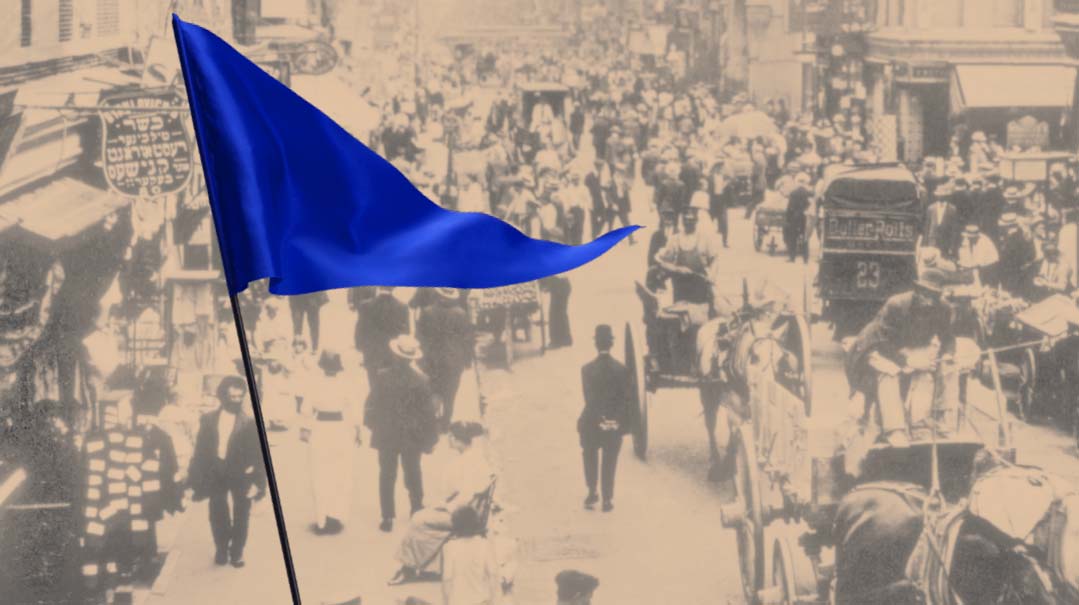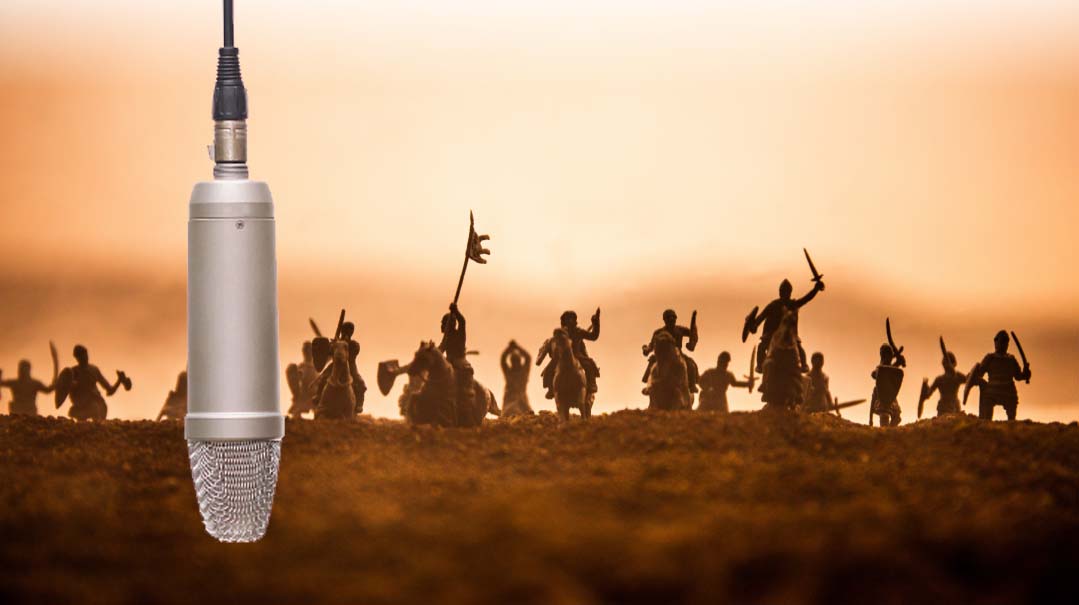No!
| November 30, 2021“Mi l’Hashem elai!” In every generation, there are those who respond and take a stand for Hashem

It’s the call every parent of a child at university dreads. The one that ends, “So we’re getting married!”
It wasn’t a surprise. Months before, she’d told us she’d met a non-Jewish boy. “We’re just friends,” she told me.
But “just friends” had developed, and I took a deep breath and unequivocally told her that, while we loved her, this was something we couldn’t accept. Every time we spoke, I’d repeat the same thing: that our love for her was unchanged, but if she married him, we could have nothing to do with them.
Time after time, we found solace in the dusty, book-laden study of our rav. “Love her,” he said. “But be strong. Tell her what she already knows. That this is something you can’t accept!”
We followed his advice. It became our mantra, a tefillah that she change her mind.
We enveloped her with love, cherished every moment we spent together, and then, one day, we got the invitation, along with its hand-written message. “Please come!” Her plea for acceptance.
She sent invitations not just to her older sisters, but also to our close family, those she knew wouldn’t mind the situation. When they phoned, we stated our position clearly, ignoring the statement, “But he’s a nice boy.”
“Well, we’ll go and support her,” they told me rebelliously, implying we were wrong. We didn’t argue. We didn’t justify our position. We’d made our journey to mitzvah observance many years before — and it was our life. We stood firm in spite of the criticism.
I didn’t write the day on the calendar, but it was engraved on my heart. As winter sleet darkened the sky, I played with our younger children, read stories, changed diapers, doled out snacks. Involuntarily, my eyes would stray to the clock as I counted down the hours, then the minutes, then the seconds. When the hands reached three, I whispered “Please, Hashem! Don’t let this happen.”
Sometime later, the phone rang. I knew who it would be without being told. One of the older children grabbed the phone.
“It’s Ruthie. She wants to speak to you.”
I shook my head.
“But she’s crying,” he said, thrusting the phone into my hand.
I could hear her sobs, but I did the only thing I could. I did it to protect the rest of our precious family. I did it to show them all that there was a line we couldn’t cross.
I did it to show everyone who was watching us, judging us and our way of life, that this we couldn’t accept. And as I said it, my heart shattered.
I said one word, “No!” and put down the phone.
Years later, she’s divorced, and baruch Hashem, once again part of our family. But the memory of that “No!” will never leave me.
(Originally featured in Family First, Issue 770)
Oops! We could not locate your form.







